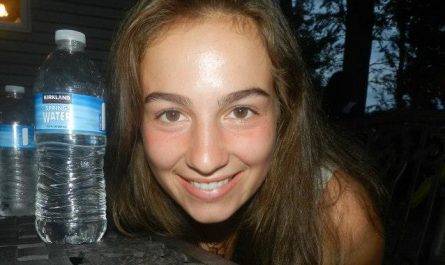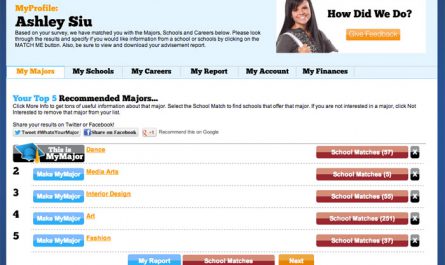
What child escapes childhood without at least one serious game of hide and seek? As seniors, they should not make their high school counselor play that game. While counselors are willing and able to seek, students can hide all too easily and keep their accomplishments a secret. That will not offer the rewards teens found in playing that game as tiny tots.
I have received many compliments from college admission officers on letters of recommendations I have prepared and submitted for students. Those letters can affect admission and scholarship decisions as much or more than just sterile psychometric or grade data offered in isolation. That’s because in a smaller community it’s easier to know and represent students more holistically in those letters. That doesn’t mean students in bigger schools should dread no such familiarity reflected in their recommendations.
What makes a strong letter of recommendation from a counselor or teacher is more than a string of adjectives on steroids. Readers are not simply seeking a string of superlatives that some students have come to expect or want. The strongest letters come from personal observations and reflections of those students framed in solid writing, conveying stories that characterize the kind of student you are, have been and should be expected to be.
Admission officers want those flat letters to take on a 3-D quality that breathe life into the subjects. They want to see what is special about those students without the benefit of simple adjectives. Anecdotal notes that reflect insight into the students as well as observation of accomplishments that help readers convert those words into a picture.
Those anecdotal stories are the result of open communication with counselors. Invite them to watch them perform a dance, judge a debate, referee a volleyball tournament or proofread an application essay. Counselors may or may not have time or training to do some of those things, but it at least lets counselors know about those activities in which students are involved. Invitations into their world expose more about those students than simple report cards, GPAs or class lists will reveal.
Students can regularly ask counselors about special opportunities available to them as well as deadlines to which they must adhere. To further ensure counselors see who you are, how and where you are involved, students can submit a resume to their counselor either seeking simple feedback or just to leave it on file with them. Many special programs are available annually about which experienced counselors will know many details, and you will want your counselor to have a sense of the kind of programs that may have been designed just for someone like you with your interests and strengths.
For example, I serve as the state coordinator for one state scholarship program for graduating seniors. It is advertised on line and at high schools across the state. Although it offers many partial and even full ride scholarships for state winners, we have never had to turn away timely applicants due to excessive numbers seeking to participate. A simple question could inform students about this and many other opportunities students should consider and pursue.
Students can certainly go to FastWeb for on-line notices, but initiating short dialogs with their counselors can provide information but also prompt mental notes on the part of counselors for programs that come out with only a day or two warning before deadlines close. Having students regularly remind counselors of their success in one area, interest in another or participation in something special may provide just enough to spark a note from the counselor to see him or her about something due very soon that may be a perfect fit for that student.
Words like “initiative” or “proactive” need not hibernate in the dictionary, but become a part of their everyday mannerisms. Inviting counselors to have a glimpse you’re your world can put a strong advocate on your team and make applying to college and scholarships a “team” sport instead of an individual one that can be overwhelming when pursued all alone.
Then, once the counselor apprises you and others of big events planned to prepare or inform you, students can not only plan on coming, but even offer to help in any way: usher, hand out programs or other roles that will allow participation and attendance while helping make the program go a little better for everyone as well. Furthermore, it’s one more anecdotal note that will likely find a home in a letter of recommendation—one that does more than simply add one more adjective that will not tell as much as your actions.
Just remember, communications need not be lengthy, pushy or repetitive. It really is ok for students to try to create positive relationships with their counselors. Nobody needs to pose as a sycophant, but occasional, sincere and brief interactions will make counselors more receptive to those positive relationships that can work to students’ advantage in many ways and need not result in counselors wishing they could play hide and seek with counselors hoping to be the one who hides whenever you enter the counseling center.




4 thoughts on “Checking In With Counselors as a Junior Or Senior In High School”